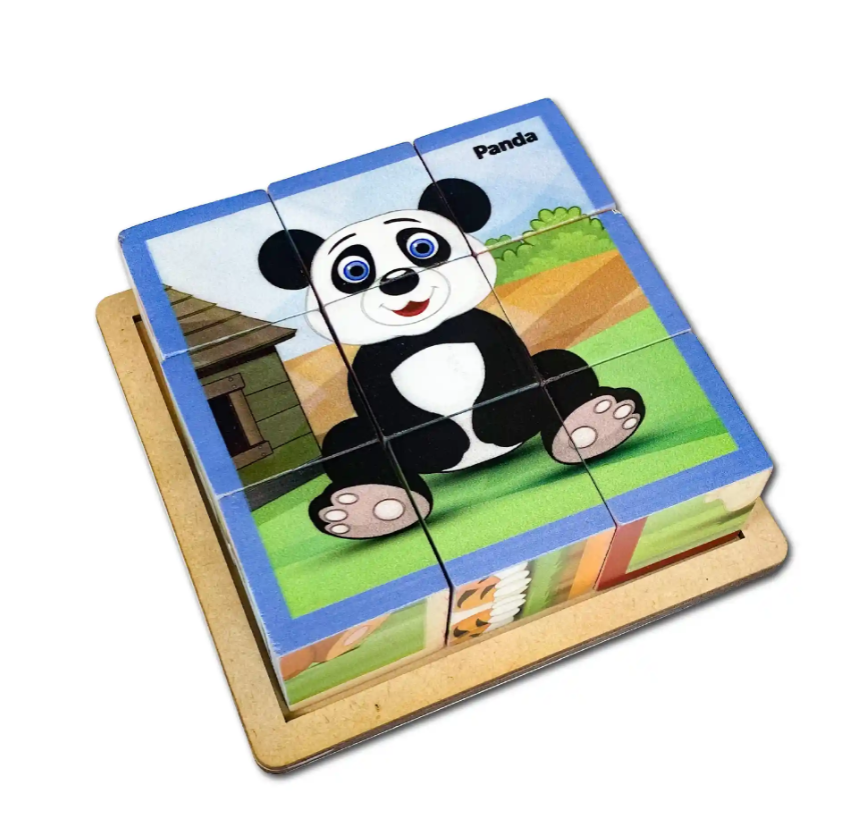Montessori wooden toys have gained popularity among parents and educators for their simplicity, durability, and educational value. Rooted in the Montessori educational philosophy, these toys are designed to support the natural development of children, encouraging them to explore, discover, and learn at their own pace. In this article, we will explore the unique benefits of Montessori wooden toys and why they are a preferred choice for fostering growth and creativity in children.
What Are Montessori Wooden Toys?
montessori wooden toys are crafted from natural materials, primarily wood, and are characterized by their simplicity and functionality. Unlike plastic toys that often come with flashy lights and sounds, Montessori toys are designed to be aesthetically pleasing and to promote hands-on, sensory-based learning. These toys are intentionally simple to encourage open-ended play, where children use their imagination and creativity to explore and engage with the toys.
Benefits of Montessori Wooden Toys
Encourages Independent Learning: Montessori wooden toys are designed to be self-correcting, allowing children to learn through trial and error without constant adult intervention. This promotes a sense of independence and confidence as children figure out how things work on their own.
Develops Fine Motor Skills: The tactile nature of wooden toys helps children develop fine motor skills. Activities like stacking blocks, fitting puzzle pieces, and threading beads require precise hand movements, improving hand-eye coordination and dexterity.
Promotes Creativity and Imagination: With their open-ended design, Montessori wooden toys encourage children to use their imagination and creativity. A simple set of wooden blocks can be transformed into anything from a castle to a spaceship, allowing children to create their own stories and scenarios.
Enhances Cognitive Development: Montessori toys often incorporate elements of sorting, sequencing, and pattern recognition, which are crucial for cognitive development. Activities like sorting shapes, matching colors, and counting beads help children develop critical thinking and problem-solving skills.
Sensory Experience: Wooden toys provide a rich sensory experience. The natural texture, weight, and smell of wood engage a child’s senses, offering a calming and grounding effect. This sensory engagement is essential for young children as they learn about the world around them.
Eco-Friendly and Safe: Made from natural, non-toxic materials, Montessori wooden toys are an eco-friendly and safe option for children. They are durable and can withstand rough play, reducing the need for frequent replacements and minimizing environmental impact.
Popular Montessori Wooden Toys
Wooden Blocks: Versatile and timeless, wooden blocks come in various shapes and sizes, providing endless opportunities for building and creative play.
Stacking Toys: Stacking rings, cups, and towers help children develop fine motor skills, hand-eye coordination, and an understanding of size and order.
Shape Sorters: Shape sorters encourage children to match shapes with corresponding holes, enhancing their cognitive abilities and problem-solving skills.
Puzzles: Simple wooden puzzles with large pieces are perfect for young children, helping them develop spatial awareness and fine motor skills.
Bead Mazes: Bead mazes and threading toys improve hand-eye coordination and concentration as children guide beads along tracks or thread them onto strings.
Conclusion
Montessori wooden toys offer a holistic approach to early childhood development, fostering independence, creativity, and cognitive growth. Their simplicity, durability, and eco-friendly nature make them a preferred choice for parents and educators alike. By providing children with these thoughtfully designed toys, we can support their natural curiosity and desire to learn, laying a strong foundation for lifelong learning and development.
For more info. visit us:





Comments